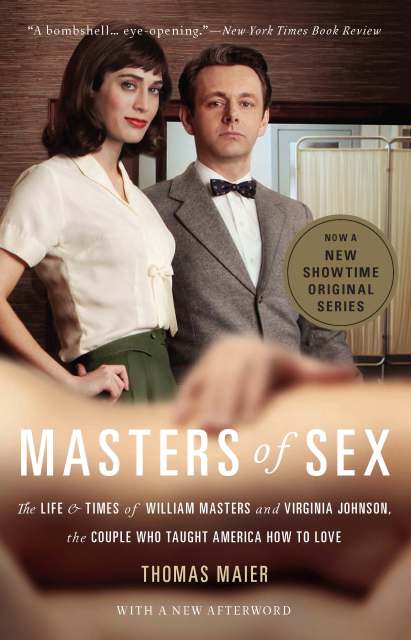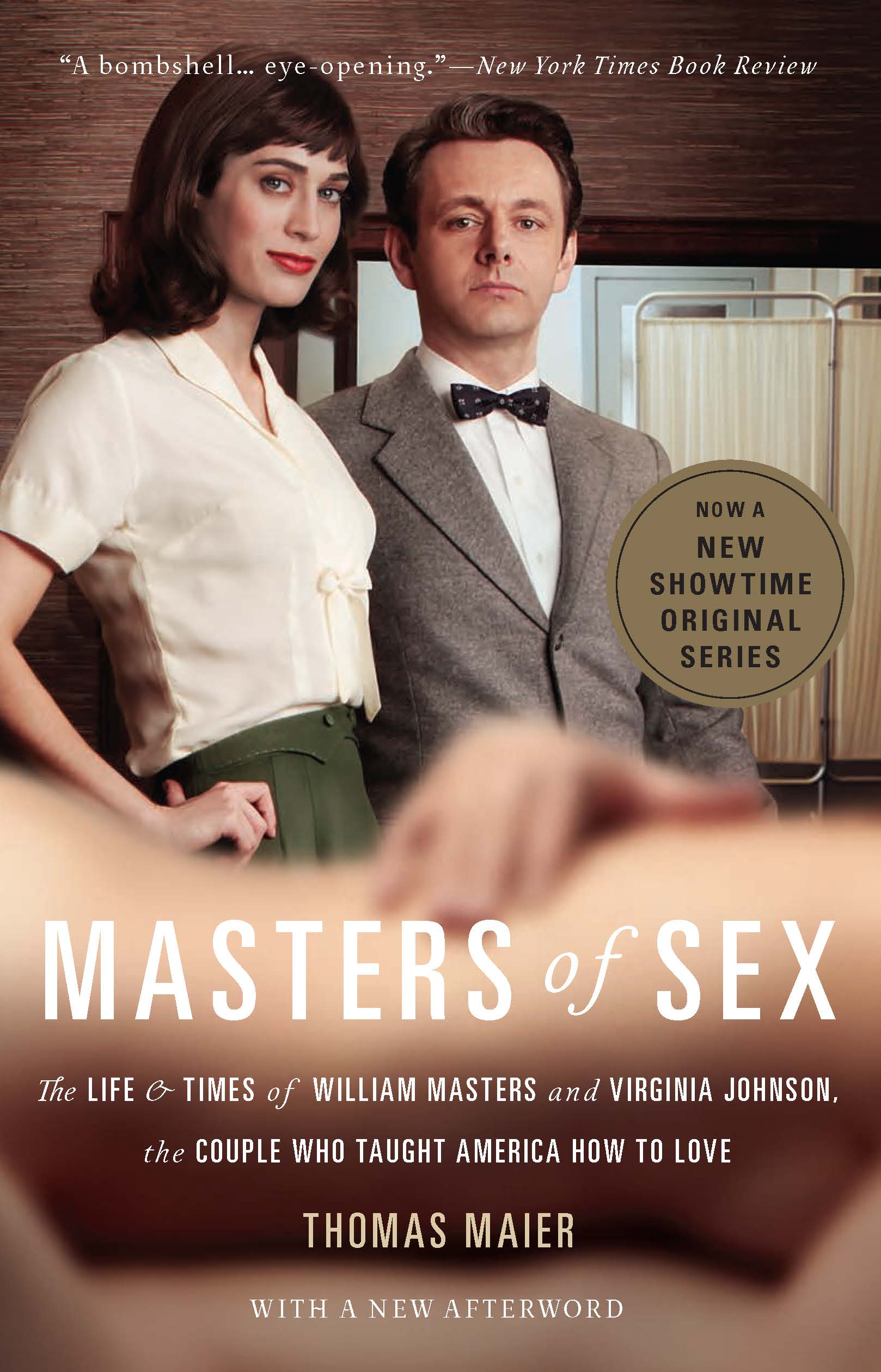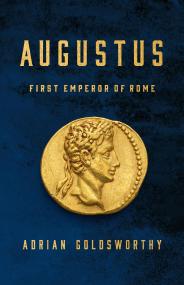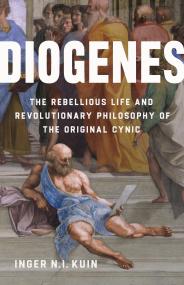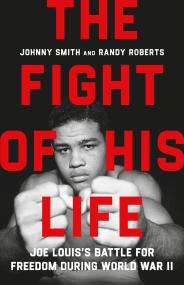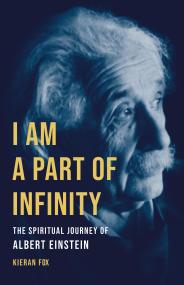By clicking “Accept,” you agree to the use of cookies and similar technologies on your device as set forth in our Cookie Policy and our Privacy Policy. Please note that certain cookies are essential for this website to function properly and do not require user consent to be deployed.
Masters of Sex
The Life and Times of William Masters and Virginia Johnson, the Couple Who Taught America How to Love
Contributors
By Thomas Maier
Formats and Prices
- On Sale
- Jul 2, 2013
- Page Count
- 424 pages
- Publisher
- Basic Books
- ISBN-13
- 9780465044993
Price
$12.99Price
$16.99 CADFormat
Format:
- ebook (Media Tie-In) $12.99 $16.99 CAD
- Trade Paperback (Media Tie-In) $24.99 $32.99 CAD
This item is a preorder. Your payment method will be charged immediately, and the product is expected to ship on or around July 2, 2013. This date is subject to change due to shipping delays beyond our control.
Buy from Other Retailers:
Showtime’s dramatic series Masters of Sex, starring Michael Sheen and Lizzy Caplan, is based on this real-life story of sex researchers William Masters and Virginia Johnson. Before Sex and the City and ViagraTM, America relied on Masters and Johnson to teach us everything we needed to know about what goes on in the bedroom. Convincing hundreds of men and women to shed their clothes and copulate, the pair were the nation’s top experts on love and intimacy. Highlighting interviews with the notoriously private Masters and the ambitious Johnson, critically acclaimed biographer Thomas Maier shows how this unusual team changed the way we all thought about, talked about, and engaged in sex while they simultaneously tried to make sense of their own relationship. Entertaining, revealing, and beautifully told, Masters of Sex sheds light on the eternal mysteries of desire, intimacy, and the American psyche.
Newsletter Signup
By clicking ‘Sign Up,’ I acknowledge that I have read and agree to Hachette Book Group’s Privacy Policy and Terms of Use
